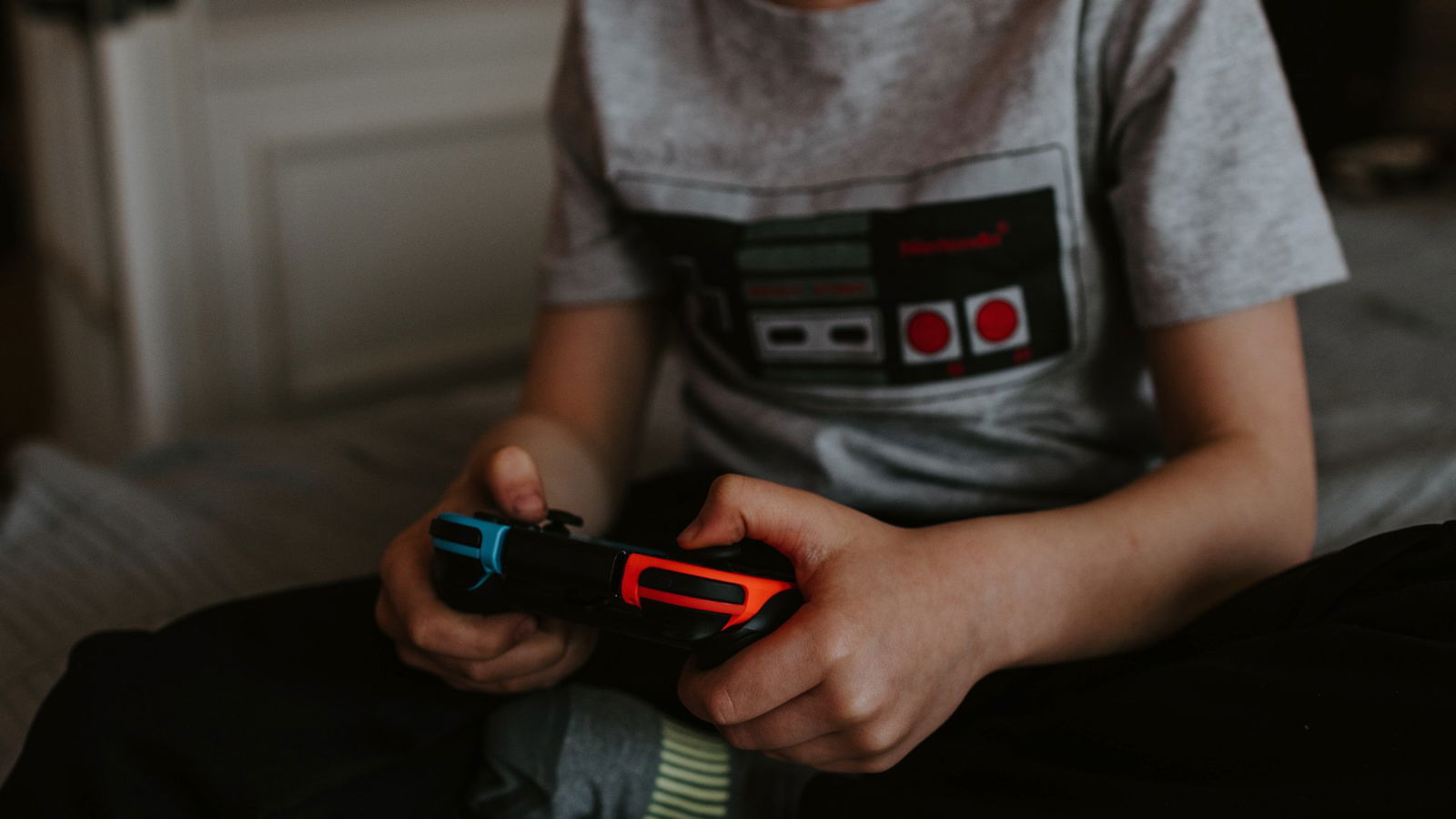
By Gavin Boyle
As the amount of time per week teen boys spend on video games continues to rise, some experts question if this habit is worse for their mental health than social media.
“Mumsnet users are increasing worried about the amount of time their children spend on screens, and with limited first-hand experience of gaming, many parents find it challenging to understand the trade-offs between risk and reward,” said Mumsnet founder Justine Roberts after the website conducted a study into how many hours per week teen boys spend on gaming.
The results were staggering. The study revealed teen boys spend an average of 35 hours per week on gaming – more than the time they spend in school, which is around 32.5 hours per week.
Related: Can You Beat a Gaming Addiction?
While there are some benefits to so much time spent gaming, such as more time with friends and lower stress, the negative side effects are just as palpable as gamers face issues like less sleep and a near-constant activation of the dopamine centers in their brains. Even worse, gaming almost always replaces things that have a real-world benefit, such as spending time with friends in person or engaging in physical activity.
Some believe video games will end up being a major crisis that this generation must solve as 3-4% of all gamers face video game addiction. That number rises to 8.5% when looking at gamers aged 8-18. Some parents have taken matters to court, suing major game studios for creating games that are intentionally addicting by including features similar to gambling that hook young users.
“Defendants chose to add features to their products that they knew would be addictive to minors in order to maximize time spent in their respective games and on their platform, thus improving the odds of minors making in-game purchases, and thereby increasing defendants’ profits,” one of the lawsuits reads. “Rather than taking necessary steps to mitigate the known risks associated with prolonged exposure to minors to video games, defendants intensified the problem by causing and profiting from youth addiction.”
Unfortunately, it is unlikely these game studios will shoulder the blame anytime soon as a recent study revealed that the games themselves are often not the cause of video game addiction. Rather, the addiction forms because of other underlying mental issues. This, however, is not all bad news as it provides psychologists with a better understanding of how to treat the disorder.
“Based on our research, the best step towards treatment would be to start at the psychopathy level – identifying the underlying issues. That’s a big takeaway,” Falcione said. “Many parents think that simply taking away video games will solve the problem. But without addressing what’s really going on, parents will not only be contending with their child’s withdrawal symptoms, their child may relapse into more addictive gaming behaviors or find another outlet.”
Nonetheless, as social media and cell phones have received a lot of attention recently for their negative effects on younger users, the dangers of video games cannot go overlooked; they are likely just as much to blame for the problems our youth face today.
Read Next: Do Video Games Actually Cause Video Game Addiction? New Study Says…
Questions or comments? Please write to us here.


 - Content:
- Content: 

